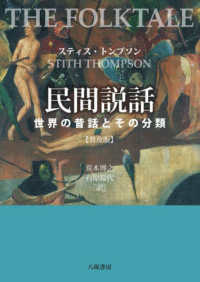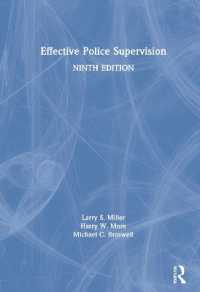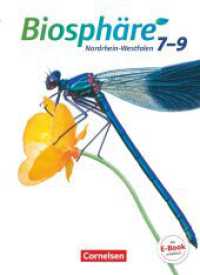Full Description
Despite widespread calls for evidence-based improvement in education, until recently, little has been known about using research and other types of evidence to inform teaching and learning of young children, particularly in early childhood education and care settings, and the first years of formal schooling.
Considering the importance of evidence-informed practice in education, this book offers a timely and innovative exploration of the use of evidence in early years and how this translates to practice. Through rich case studies and reflections on a portfolio of qualitative, quantitative, and mixed-method studies, the authors investigate tensions and constructive collaborative possibilities between research, practice, and policy. Chapters intersect with components of the Q Project's Quality Use of Research Evidence (QURE) Framework to provide a lens through which to examine and support evidence-informed practice in a range of diverse communities. The book highlights how evidence can be meaningfully integrated into early years provision to inform policy, programmes and practice.
This book will appeal to researchers, early years professionals, and policy-makers, and provide directions for how research and other evidence can better inform practice from local to international settings.
Contents
1.Introduction 2. Building an Evidence Base for Teaching Phonics in Early Years Classrooms 3. Spiritual Practices in an Early Childhood Classroom: A Narrative Study of Practice 4. Evidence-Informed Practice Through Research-Engaged Early Childhood Teachers: Supporting Young Children's Oral Language 5. Using Diverse Evidence Sources and Practices to Explore Intergenerational Family Play and Language Practices in Early Childhood Education and Care 6. Nurturing National Belonging: Immigrant Background Parents' Perspectives on Received Support in Early Childhood Education and Care 7. Transforming Research, Researchers, and Educators Through Partnership: Collaborative Action Research Embedded Within an Early Childhood Preparation Program 8. Bridging the Gap! Immigrant Early Childhood Educators' Perceptions of Languages in Pedagogical Practice in Australia and Finland 9. Gender Equality, Sustainability, and Early Childhood Education: Gaps and Ways Forward 10. Reframing Social Sustainability for Indigenous Education in the South Saami Context 11. Understanding Evidence Use in Early Childhood Education and Care Practice 12. Conclusion








